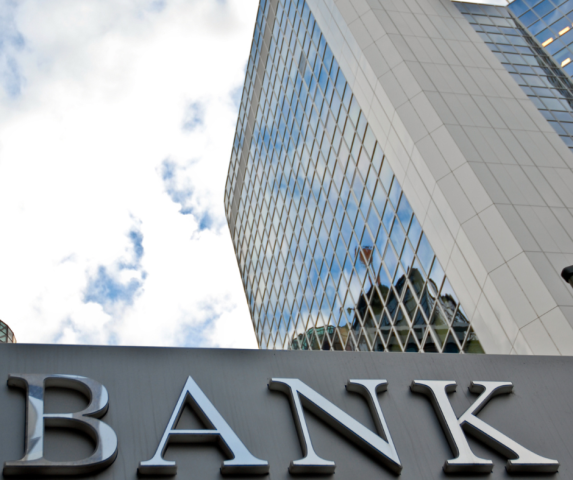
The United Church of Canada and the United Church Pension, as members of the Shareholder Association for Research and Education (SHARE), co-filed a shareholder proposal asking the Royal Bank of Canada (RBC) and the Bank of Montreal (BMO) to conduct racial equity audits. These audits would identify and mitigate the potential harm their activities might have on racialized people.
A racial equity audit is an independent analysis of a company’s business practices, intended to identify and remediate potential and actual disparate outcomes for Indigenous people and communities of colour. The audit evaluates the merits of a company’s efforts, policies, and practices to tackle systemic racism in light of its racial justice commitments.
Last week, RBC committed to a review of both its employment and business practices, and to engaging a qualified independent auditor. Audit work will begin in 2024 and public reporting will be released in 2025. Although BMO has publicly committed to conducting a third-party racial equity audit, the bank’s plan and timeline are unclear.
"This is another example of the power and importance of the shareholder voice in promoting corporate and societal change," says Erik Mathieson, Executive Officer, Finance, for The United Church of Canada. "Shareholder engagement allows us to promote change and hold corporations accountable for taking action on key issues."
Proposals for such audits have become common in the United States over the past two years, but the proposals filed at BMO and RBC’s annual general meetings in the spring of 2023 were the first of their kind in Canada. The proposals respectively received 42% and 37% support. However, despite the significant support, both banks were reluctant to commission such audits because they believed their racial equity pledges and disclosure were already sufficient.
The proposals stress the need for the audit’s scope to address the most significant risks related to racial equity—including its Canadian, US, and international businesses, and both personal and commercial lending. As well, the shareholder proposal requests the full audit results, including auditor’s findings and recommendations and a corrective action plan, should be publicly available for shareholders, so they can have confidence in the quality and robustness of the audit process.
SHARE will continue engaging the banks on behalf of the United Church, the United Church Pension, and the other co-filers in the coming years to support the implementation of these important commitments and to ensure that these audits follow existing best practices.